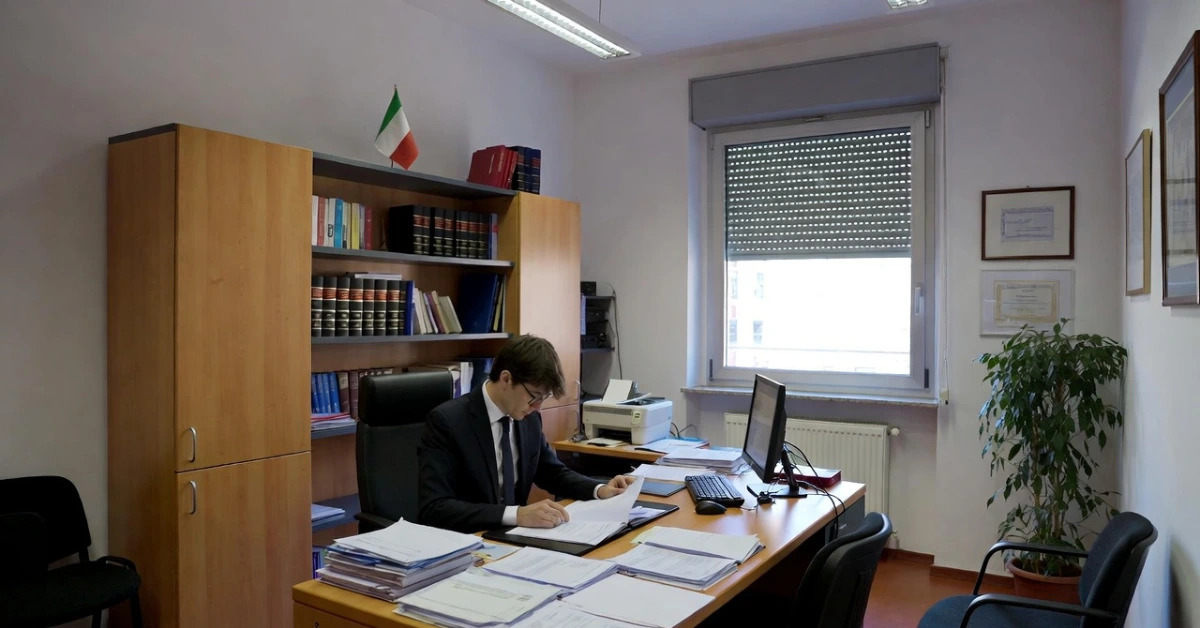The Italian home renovation incentives have always been at the center of Italy’s economic stimulus package, energy saving plan, and architecture conservation program. Now that we are already 3 months ahead in the year 2025, the incentives undergo a grand revamp with change impacting house owners, property investors, and renters. In this article, we will present overall updates of the incentives for recast, with specific attention to rebranding Ecobonus and other demonstration projects. Awareness of such developments is the passkey to the acquirement of maximal benefits and good decisions in remodelling jobs.
Table of Contents
ToggleWhat Are Home Renovation Incentives?
But let’s get this straight first: what are home renovation incentives?. Home renovation incentives are state-run schemes offering economic incentives, such as tax rebates or grants, to encourage building renovation. The incentives are designed to enhance energy efficiency, drive economic growth, enhance seismic protection, and preserve building heritage. In Italy, programs such as the Ecobonus, Sismabonus, and Bonus Facciate enable residents to lower the cost of renovations while encouraging sustainability and seismic resistance.
How Italy’s Renovation Incentives Work?
Italy’s improvement incentives are the most generous in Europe, aimed at encouraging house improvements, increasing energy efficiency, and stimulating economic activity. The bonus edilizi (construction bonuses) provide substantial tax relief to homeowners, tenants, and investors. However, the functioning of these incentives is complex. Indeed, every year, we experience major changes, and 2025 is not an exception.
What Happens to Ecobonus in 2025?
The Ecobonus, a policy that provides tax deductions for efficient refurbishments, will have levels of deduction gradually reduced from 2025. All these actions are part of the Italian government’s broader fiscal strategy of managing expenditure but still funding green refurbishments.
1. Revised Deduction Rates for Primary Residences (Abitazione Principale)
– 2025: The deduction rate will decrease from 65% to 50% of eligible expenses.
– 2026-2027: The deduction rate will further decrease to 36% for expenses incurred during this period.
2. Revised Deduction Rates for Secondary Homes and Rental Properties (Abitazioni Secondarie e Affittate)
– 2025: The deduction rate will decrease to 36%.
– 2026-2027: The deduction rate will drop to 30%.
These changes apply to expenses incurred by property owners or holders of diritti reali di godimento (rights in rem, such as usufruct or leasehold rights) over the real estate unit.
Strategic Implications for Property Owners
The revised Ecobonus rates have significant implications for property owners planning energy-efficient upgrades:
Accelerate Renovation Plans to Maximize Benefits
The current 65% deduction rate remains available for expenses incurred in 2024. Property owners are strongly advised to expedite their renovation projects to capitalize on the higher deduction before it decreases in 2025.
Strategic Financial Planning for Future Renovations
For those unable to complete renovations by the end of 2024, it is imperative to budget for the reduced deduction rates in 2025 and beyond. While the incentives remain advantageous, the lower rates necessitate meticulous financial planning.
Prioritize High-Impact Upgrades
Given the reduced deductions, property owners should focus on upgrades that offer the greatest long-term benefits. Key areas of focus include:
– Pannelli Solari (Solar Panels): Generate renewable energy and reduce utility costs.
– Isolamento Termico (Insulation): Enhance thermal efficiency and lower heating and cooling expenses.
– Sistemi di Riscaldamento ad Alta Efficienza (High-Efficiency Heating Systems): Replace outdated systems with modern, energy-saving alternatives.
Other Renovation Incentives to Consider
While the Ecobonus is top of the agenda, other incentives remain open to homeowners for sure. Let’s have look at some of them.
Sismabonus
The incentive offers tax deductions on adeguamento antisismico (seismic retrofitting), helping owners make their homes more resistant to earthquakes. The deduction levels of 50% to 85%, depending on seismic risk.
Bonus Mobili e Elettrodomestici (Furniture and Appliances Bonus)
Homeowners can claim a 50% tax refund on the purchase of new mobili (furniture) and elettrodomestici (appliances), provided they are part of a larger renovation plan.
Bonus Facciate (Facade Bonus)
This incentive 90% of the cost for ristrutturazioni delle facciate (facade refurbishment), to a maximum of €60,000.
Eligibility and Documentation Requirements
But is everyone eligible? In short, no. To benefit from these incentives, first, property owners must meet specific eligibility criteria and provide detailed documentation, including:
- Proof of ownership or diritti reali di godimento (rights in rem).
- Fatture e ricevute (invoices and receipts) for all renovation expenses.
- Certification of compliance with energy efficiency or seismic standards.
- Documentation from professionisti abilitati (registered contractors).
Finally, Italy’s home renovation incentives continue to offer substantial opportunities for homeowners to improve their homes, become more energy efficient, and reduce taxes.
Would you like read more about this topic? Then take a look at our related articles here, Buying a house in Italy: What to be careful about, Renovating a House in Italy and Main house: what is it? What benefits?.




